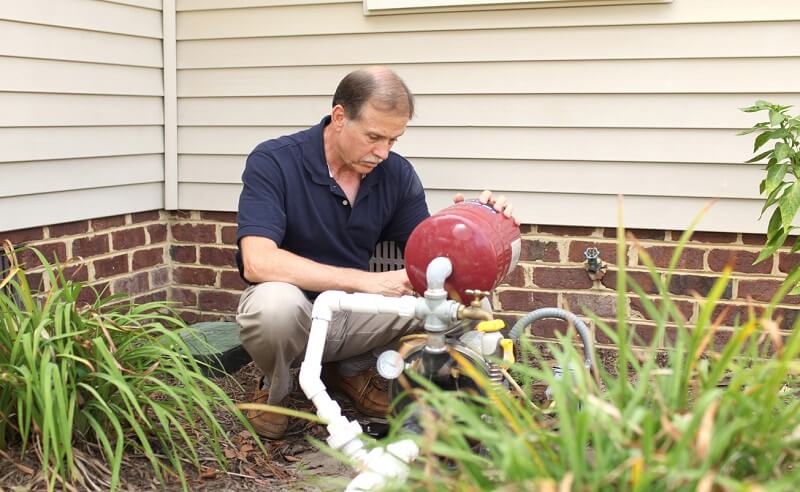Fresh, clean water sourced directly from beneath your property can make a world of difference for your home. Understanding how a water well system operates is crucial for ensuring consistent access to high-quality water for various household needs, from drinking and cooking to bathing and irrigation. Let’s explore the mechanics, components, and benefits of water well systems, providing a comprehensive guide to their function and advantages for your property.
Understanding the Functionality of Water Well Systems
Groundwater Access: Water well systems harness groundwater stored in underground aquifers or water-bearing layers beneath the earth’s surface. These aquifers can vary in depth and water yield depending on geological conditions. The process begins with drilling a borehole into the ground using specialized equipment. The depth and location of the borehole are determined by geological surveys to optimize water yield and quality.
Well Casing: Once the borehole is drilled, a casing made of durable materials like steel or PVC is installed to prevent the well from collapsing and to protect the water source from external contaminants.
Screen or Perforations: Near the bottom of the casing, screens or perforations allow water to enter the well while filtering out sediment and debris. This ensures that the water drawn into the system is clean and free from particulates.
Pump Mechanism: Various types of pumps are used in water well systems, depending on factors like well depth, water level fluctuations, and energy availability. Common pump types include submersible pumps, which are submerged in the well and push water to the surface, and jet pumps, which are located above ground and use suction to draw water up from shallow depths.
Pressure Tank: To maintain consistent water pressure throughout the household plumbing system, a pressure tank is installed. This tank stores water under pressure, allowing for immediate access to water without requiring the pump to activate each time water is used.
The Different Types of Water Well Systems
Drilled Wells: These wells are typically deeper and access groundwater from below the water table. Drilled wells are suitable for properties requiring larger water yields or in areas with deep aquifers.
Driven Wells: Shallow wells driven into softer, permeable soils near the surface. They are simpler and less costly to install but are suitable for smaller water demands or in areas where groundwater is closer to the surface.
Dug Wells: Historically significant, dug wells involve excavating a large hole manually or with machinery to access groundwater. They are typically found in areas with high water tables and provide access to shallow groundwater.
Benefits of Water Well Systems
Water well systems offer several key advantages that make them a preferred choice for many homeowners. Firstly, they provide a reliable and consistent source of water independent of external suppliers, ensuring resilience against water shortages or service disruptions. Additionally, homeowners have direct control over water quality management, allowing them to monitor and maintain the purity of their water supply without relying on chemical treatments typically used in municipal water systems.
Despite the initial investment in drilling and installation, water well systems often yield long-term cost savings due to lower operational expenses compared to municipal water services. This cost efficiency, coupled with the ability to customize water treatment methods according to specific needs, makes water well systems a sustainable and financially prudent choice for securing clean water for your home.
Conclusion
When choosing a water well system for your property, it’s crucial to consider factors such as geological conditions, water quality testing results, and your budget constraints. Consulting with experienced well drillers or water system professionals can provide invaluable guidance in determining the optimal well depth, pump type, and installation requirements tailored to your specific needs. Water well systems are essential for ensuring a reliable, sustainable water supply independent of municipal sources, offering peace of mind and long-term cost savings while delivering clean, safe water for your household’s daily use.
Why Choose Wentworth Plumbing?
At Wentworth Plumbing, our team of professionals is equipped with the expertise and tools necessary to address all your plumbing needs.
Serving Ontarians since 2006, we prioritize exceptional customer service, transparent communication, and skilled craftsmanship. You can rely on us to promptly and safely resolve any plumbing issues you encounter. Contact us today to discover more about our services or to schedule a service call with one of our licensed plumbers.

